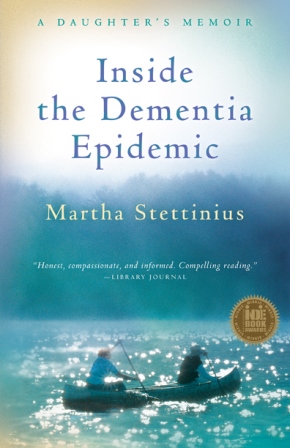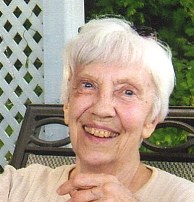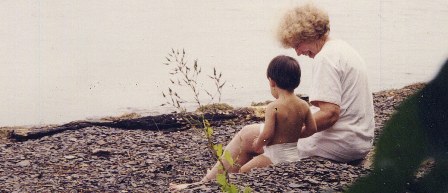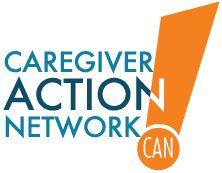Aging "in Community" vs. Aging Alone "in Place": My Experiences in Cohousing, and Favorite Resources
 Thursday, February 20, 2014 at 03:14PM
Thursday, February 20, 2014 at 03:14PM  My daughter, Morgan, with one of our favorite cohousing neighbors, living "in community"I have lived in a cohousing community with my family for 16 years, and believe that if we age "in community," versus by ourselves "in place," we are more likely to remain healthier longer, stay in our own homes longer, and appreciate the gifts of giving and receiving care.
My daughter, Morgan, with one of our favorite cohousing neighbors, living "in community"I have lived in a cohousing community with my family for 16 years, and believe that if we age "in community," versus by ourselves "in place," we are more likely to remain healthier longer, stay in our own homes longer, and appreciate the gifts of giving and receiving care.
We don't have to live in an intentional community like cohousing to age "in community," however. There are many other ways to expand our circle of mutual support, no matter where we live. We can find or create the relationships--especially deep friendships--that will sustain us as we age.
I believe that aging "in community" helps us remember that, as human beings, we are vulnerable and need each other. That asking for assistance and companionship is not a weakness. That aging well doesn’t necessarily mean running marathons at 80, but helping each other, despite physical or cognitive decline, to enjoy life and feel included and valued.
In my post this week for caregivers.com I write about this grassroots movement by boomers to age "in community," and I share my favorite books and websites on the subject.
Read more here.























